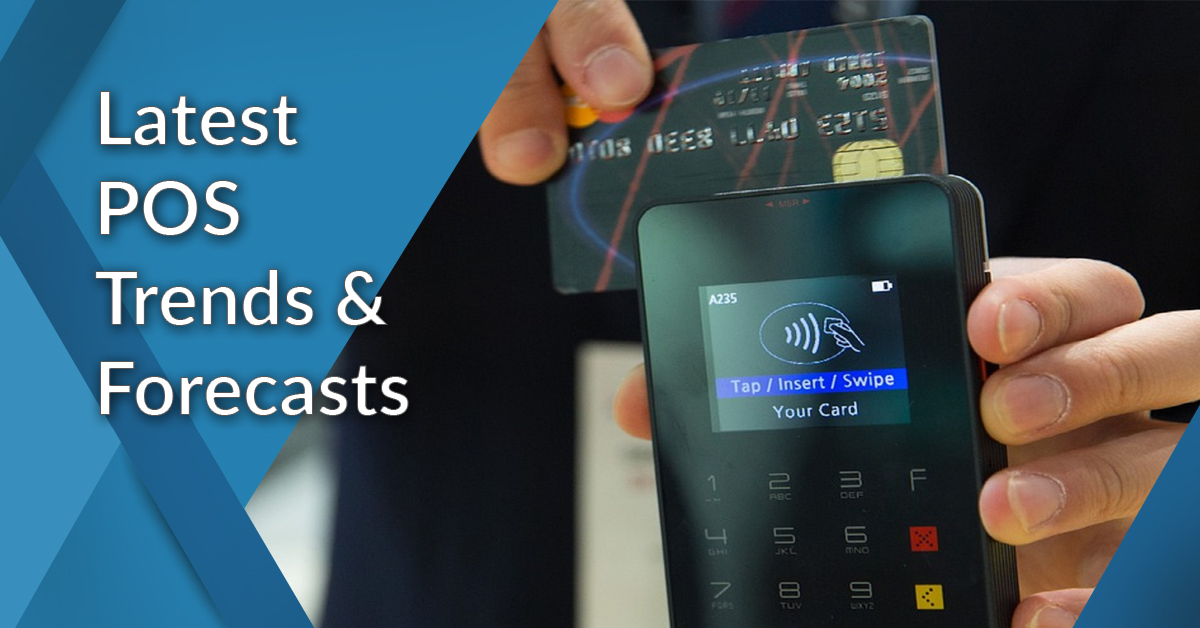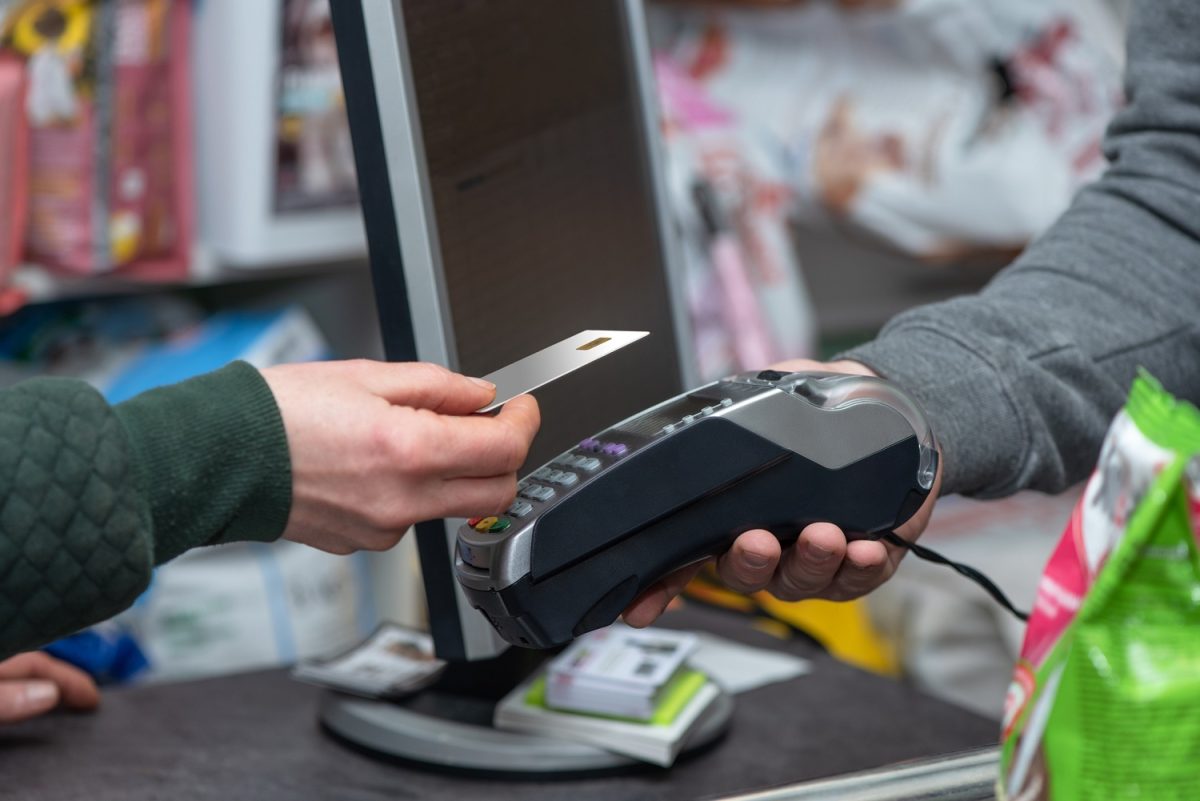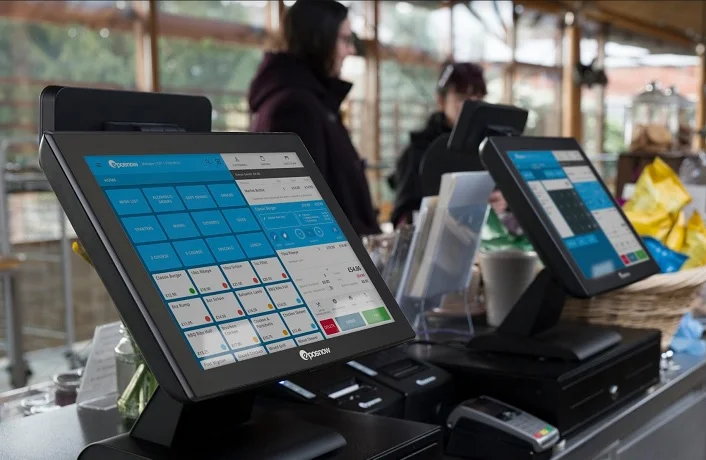Future Trends in POS Integration and Business Automation
Introduction
As businesses evolve in the digital age, the integration of Point-of-Sale (POS) systems and automation technologies continues to reshape the landscape of commerce. The future holds a plethora of opportunities for entrepreneurs and enterprises alike, as they harness the power of seamless transactions and business automation. In this blog, we will explore the exciting trends that are shaping the future of POS integration and business automation, propelling organizations towards greater efficiency, profitability, and customer satisfaction.
IoT-Driven Integration: A Symphony of Connected Devices
The Internet of Things (IoT) is revolutionizing the way businesses operate, and its integration with POS systems is no exception. Imagine a retail store where sensors track product levels in real-time, automatically triggering replenishment orders when stocks run low. Additionally, IoT-enabled devices can collect valuable customer data, providing insights to personalize shopping experiences and targeted marketing campaigns. This amalgamation of data and automation creates a seamless and convenient shopping environment for consumers, driving loyalty and repeat business.
AI-Powered Personalization: Crafting Unique Customer Experiences
With the surge of data, businesses are turning to Artificial Intelligence (AI) to analyze vast datasets and extract meaningful patterns. By leveraging AI algorithms, POS systems can offer personalized recommendations to customers based on their past purchases and preferences. From suggesting complementary products to tailoring promotional offers, AI-driven personalization creates a unique and engaging customer experience, fostering brand loyalty and boosting sales.
Cloud-Based POS: The Future of Flexibility and Scalability
Cloud-based POS systems are rapidly gaining popularity due to their unmatched flexibility and scalability. Unlike traditional on-premise solutions, cloud-based POS integration allows businesses to access real-time data from any location, enabling streamlined inventory management, centralized reporting, and quicker decision-making. Moreover, the cloud empowers businesses to effortlessly scale their operations, accommodating growth without hefty infrastructure investments.
Blockchain for Enhanced Security and Transparency
Security and transparency are paramount in the world of business, and blockchain technology is paving the way for greater trust in transactions. By implementing blockchain in POS systems, businesses can ensure tamper-proof records of transactions, safeguarding against fraud and unauthorized access. Additionally, blockchain-driven loyalty programs and reward systems add a layer of transparency, building trust between businesses and customers.
Contactless Payments and QR Codes: Redefining Convenience
The global pandemic accelerated the adoption of contactless payment methods, and this trend is expected to continue well into the future. POS integration with contactless payment options, such as mobile wallets and NFC cards, allows for a swift and secure checkout process, reducing wait times and enhancing customer satisfaction. Additionally, QR codes are revolutionizing the dining industry, enabling customers to view menus, place orders, and pay bills seamlessly through their smartphones.
Robotic Process Automation (RPA): Unleashing Efficiency
Robotic Process Automation (RPA) is transforming the way businesses handle repetitive and rule-based tasks. By integrating RPA with POS systems, businesses can automate processes like inventory management, order processing, and data entry, freeing up human resources to focus on value-adding activities. The result is improved efficiency, reduced human errors, and ultimately, significant cost savings.
Here are some of the specific trends that we can expect to see in the future of POS integration and business automation:
- The rise of cloud-based POS systems: Cloud-based POS systems are becoming increasingly popular, as they offer a number of advantages over traditional on-premise systems. Cloud-based systems are more scalable, easier to manage, and more secure.
- The growing use of artificial intelligence (AI): AI is already being used in POS systems in a number of ways, such as for fraud detection, customer recommendations, and inventory management. In the future, we can expect to see even more AI-powered features in POS systems.
- The increasing use of mobile POS: Mobile POS is already a popular way for businesses to accept payments on the go. In the future, we can expect to see even more businesses using mobile POS, as it becomes more affordable and user-friendly.
- The growing importance of data analytics: Data analytics is becoming increasingly important for businesses of all sizes. POS integration and business automation can help businesses to collect and analyze more data, which can then be used to make better decisions about pricing, inventory, and marketing.
How can businesses prepare for the future of POS integration and business automation?
There are a number of things that businesses can do to prepare for the future of POS integration and business automation. These include:
- Investing in a cloud-based POS system: Cloud-based POS systems are more scalable, easier to manage, and more secure than traditional on-premise systems.
- Exploring the use of AI in POS systems: AI can be used to improve a number of aspects of POS systems, such as fraud detection, customer recommendations, and inventory management.
- Considering the use of mobile POS: Mobile POS is a convenient way for businesses to accept payments on the go.
- Investing in data analytics: Data analytics can help businesses to make better decisions about pricing, inventory, and marketing.
Conclusion
As the world of commerce hurtles into the future, the integration of POS systems and business automation is a transformative force that empowers organizations to thrive in a rapidly evolving landscape. From IoT-driven integration and AI-powered personalization to cloud-based flexibility and blockchain security, the future holds exciting possibilities for businesses seeking to streamline operations and deliver unparalleled customer experiences. By embracing these trends, enterprises can position themselves as leaders in their industries, unlocking the full potential of technology to drive growth, profitability, and success. The time to embark on this transformative journey is now!





